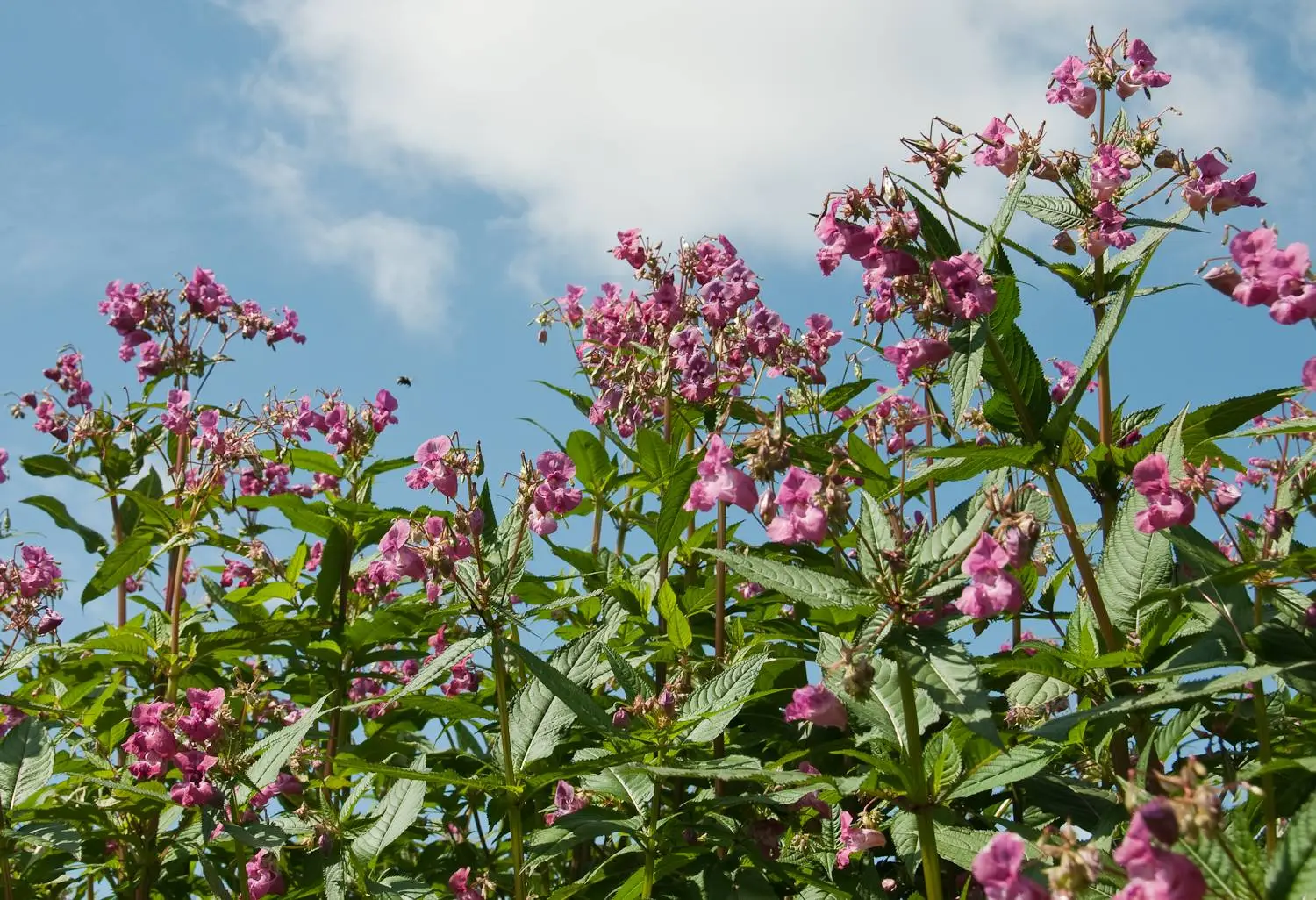Non–native species have been introduced by humans into our country for centuries, both accidentally and on purpose. There are around 2000 non-native species in Britain and approximately 10 new ones establishing per annum. Most are harmless, but around 10-15% spread and become invasive non-native species (INNS) which harm wildlife and the environment, are costly to the economy and can even impact on our health and way of life.
INNS of concern are estimated to cost the UK economy £1.84 billion/year and are a significant threat to biodiversity. Climate change is expected to increase the risk in future years. In our region, species such as American Mink, Himalayan Balsam and New Zealand Pygmyweed are key INNS.
The LNP set up in 2020 the Hull and East Yorkshire INNS Group, to bring a range of partners together in our region to better understand the range of activities being carried out by organisations to record, monitor and control INNS. The group meets twice a year to share information and plan joint work where feasible to minimise the impact of INNS on our native wildlife and ecosystems.
The Group is made up of:
- Animal and Plant Health Agency
- East Riding of Yorkshire Council
- Environment Agency
- Hull City Council
- Hull and East Yorkshire LNP
- Humber Nature Partnership
- River Hull and East Riding Catchment Partnership
- RSPB
- Yorkshire Derwent Catchment Partnership
- Yorkshire Invasive Species Forum
- Yorkshire Water
- Yorkshire Wildlife Trust
If you want to find out about the presence of INNS in your area, record sightings or control taking place, please visit https://innsmapper.org/home
For more information, visit:
